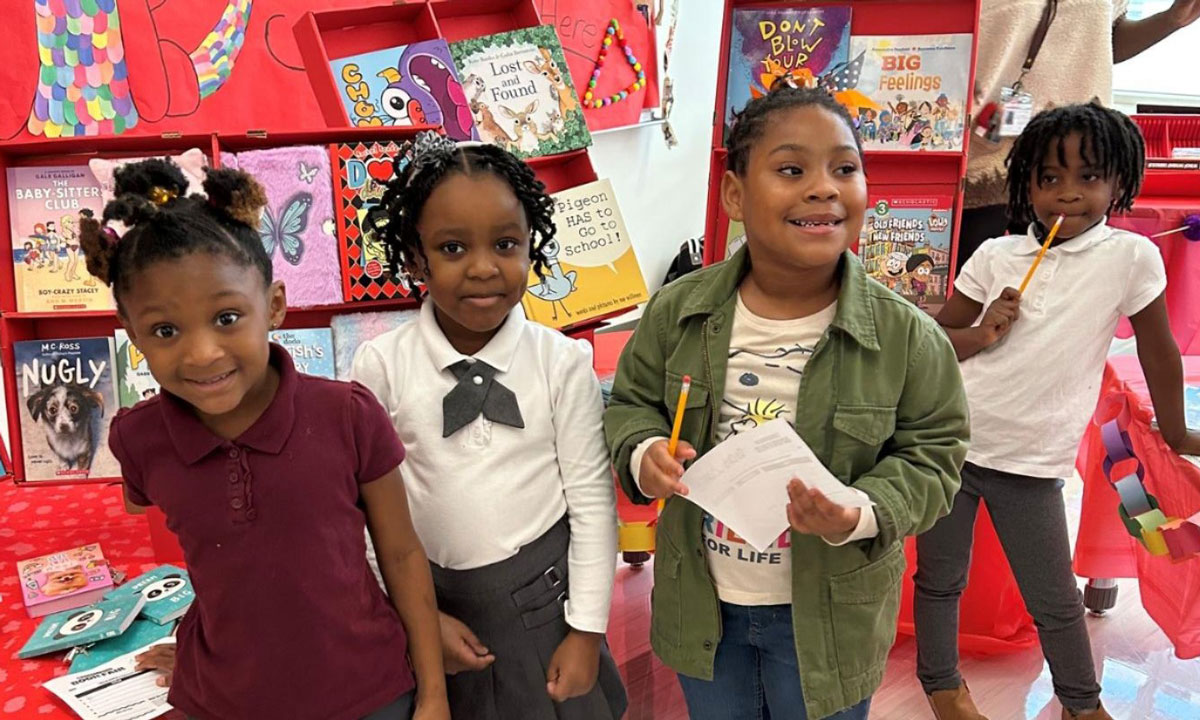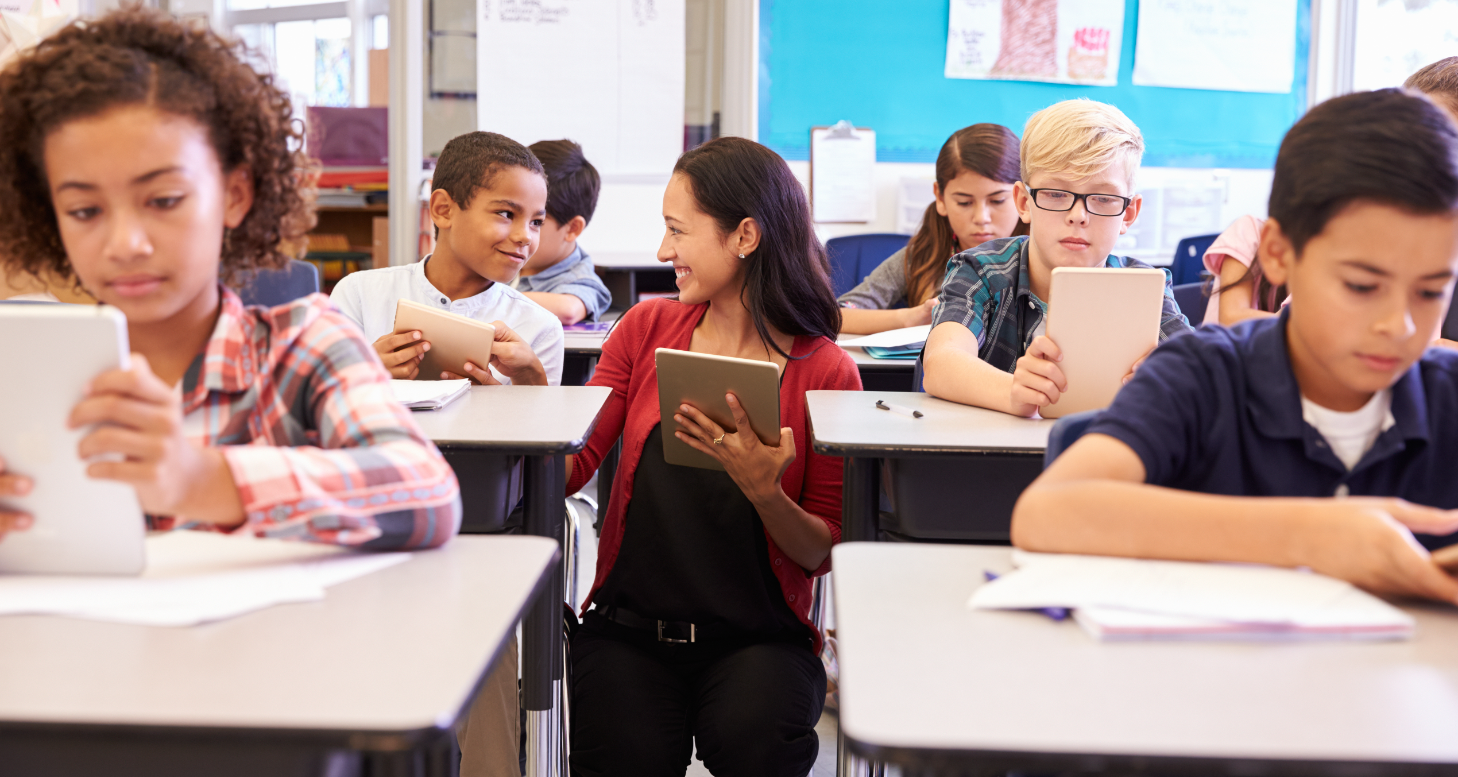The Crucial Function of Preschool in Youngster Advancement: Facts and Insights for Parents
Kindergarten serves as a critical structure for kid growth. It provides structured very early knowing experiences that significantly influence cognitive, social, and psychological development. Youngsters engage in tasks that enhance language abilities and critical believing while also discovering to navigate social communications. Comprehending the effect of this developmental phase is important for moms and dads. What particular benefits does kindergarten supply, and exactly how can parents best support their children throughout this pivotal time?
The Value of Very Early Learning Experiences
Although several may take too lightly the relevance of early discovering experiences, they play a vital function in shaping a kid's cognitive, social, and psychological growth. During these developmental years, youngsters engage with their environment, acquiring language skills and fundamental knowledge that set the phase for future knowing. Direct exposure to diverse discovering activities promotes vital thinking, creativity, and analytical abilities.
Furthermore, very early knowing experiences aid kids establish self-regulation and resilience, furnishing them to deal with challenges ahead. Involvement in structured discovering environments urges interest and expedition, vital characteristics for scholastic success. These experiences additionally present kids to regimens and assumptions, advertising a complacency and belonging.
Study has shown that quality very early education and learning can considerably affect long-term academic outcomes, lowering the chance of learning difficulties. By stressing the relevance of early learning, educators and moms and dads can better support kids in reaching their full capacity, ultimately adding to their general health and future success.
Structure Social Friendships and abilities
Building social skills and developing relationships are vital facets of a kid's development that usually emerge from early learning experiences. In kindergarten, youngsters engage in various tasks that advertise synergy, interaction, and interaction. They find out to share, take turns, and cooperate, which are foundational abilities for building connections.
Structured playtime and group projects motivate youngsters to browse social dynamics, promoting an understanding of various viewpoints and the importance of compassion. As they communicate with peers, they exercise conflict resolution and create negotiation skills, crucial for preserving relationships.
Moreover, these early social interactions assist youngsters cultivate a feeling of belonging and area, which is vital for their general well-being. By developing connections with schoolmates, kids not only improve their social skills yet additionally gain self-confidence in their ability to connect to others. Subsequently, kindergarten functions as an essential system for nurturing social growth and friendship-building.
Creating Emotional Knowledge
Exactly how do kids begin to understand their own feelings and those of others? In the preschool setting, kids take part in numerous tasks that advertise emotional knowledge. Via narration, team, and play discussions, they learn to identify and identify their sensations. Educators commonly present principles such as compassion by encouraging kids to assess how others may feel in different situations.
Role-playing exercises permit youngsters to exercise identifying psychological signs, fostering an understanding of social characteristics. Additionally, guided conversations concerning dispute resolution help them navigate their emotional reactions and establish coping approaches. By interacting with peers in organized environments, kids get insights into the psychological landscape of their schoolmates, which enhances their capability to create purposeful connections.
Eventually, preschool works as an essential system for supporting emotional intelligence, furnishing children with vital skills for future social interactions and emotional wellness.
Promoting Self-reliance and Positive Self-image
In the kindergarten environment, kids not just improve their emotional knowledge however also start to grow freedom and positive self-image. This important developmental phase permits kids to make selections, solve issues, and take responsibility for their activities. Engaging in tasks that advertise freedom, such as selecting their very own jobs or taking part in team jobs, helps find this youngsters find out to trust their judgment and capacities.
As they navigate social interactions, youngsters acquire self-confidence in sharing their ideas and emotions. Private School. Support from teachers and peers fosters a sense of belonging, even more boosting self-esteem. Tasks that call for teamwork and collaboration click for more info additionally teach kids to value their contributions, reinforcing their sense of competence
Preparing for Future Academic Success
As children participate in structured understanding experiences throughout preschool, they lay an important foundation for future scholastic success. This very early educational phase introduces vital skills such as proficiency and numeracy, improving cognitive development and fostering a love for knowing. With interactive tasks, kids learn to follow guidelines, job collaboratively, and resolve issues, every one of which are necessary in greater academic settings.
Moreover, kindergarten supports social-emotional abilities, enabling children to manage their emotions, develop empathy, and build relationships with peers. These capabilities contribute considerably to a positive class setting and reliable understanding.
Research study shows that youngsters who thrive in kindergarten are much more most likely to execute well in later qualities, demonstrating the long-term impact of early education and learning. As a result, parents play a considerable duty in supporting their child's preschool experience by strengthening learning in your home and motivating curiosity, thereby preparing them for an effective scholastic journey in advance.
Frequently Asked Questions

What Should I Seek in an Excellent Preschool Program?
A good kindergarten program should highlight play-based learning, certified teachers, a risk-free atmosphere, a balanced educational program, possibilities for social communication, and parental involvement. Reviewing these aspects ensures a nurturing space for children's a knockout post very early growth and advancement.
How Can I Help My Child Change to Kindergarten?

What Are Common Obstacles Kid Face in Kindergarten?
Typical obstacles youngsters deal with in preschool include separation stress and anxiety, problem adjusting to organized regimens, social skills advancement, and taking care of brand-new relationships. These problems can influence their total change and finding out experiences during this important change period.
Exactly How Can Parents Assistance Kindergarten Knowing at Home?
Moms and dads can sustain preschool knowing in your home by supplying an organized regimen, involving in interactive reading, encouraging creative play, utilizing educational video games, and promoting open communication regarding institution experiences to reinforce learning and construct self-confidence.
What Is the Typical Daily Set Up in Preschool?
A normal daily routine in preschool includes early morning circle time, organized discovering activities, treat breaks, playtime, and story sessions, all made to promote social skills, imagination, and foundational academic ideas vital for very early growth.
In the kindergarten setup, youngsters involve in various activities that advertise emotional intelligence. As kids engage in structured learning experiences throughout preschool, they lay an important structure for future academic success. Preschool nurtures social-emotional skills, enabling children to manage their emotions, establish compassion, and construct partnerships with peers. Research suggests that children who flourish in preschool are extra most likely to perform well in later grades, demonstrating the long-term influence of early education. Usual difficulties children deal with in preschool include splitting up anxiousness, difficulty adapting to structured routines, social abilities growth, and managing new connections.